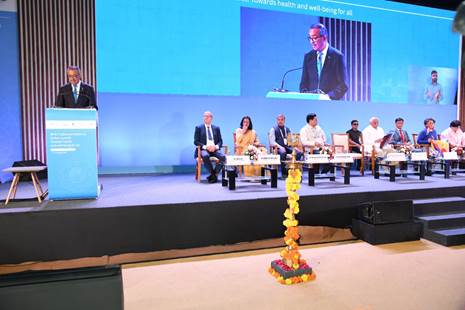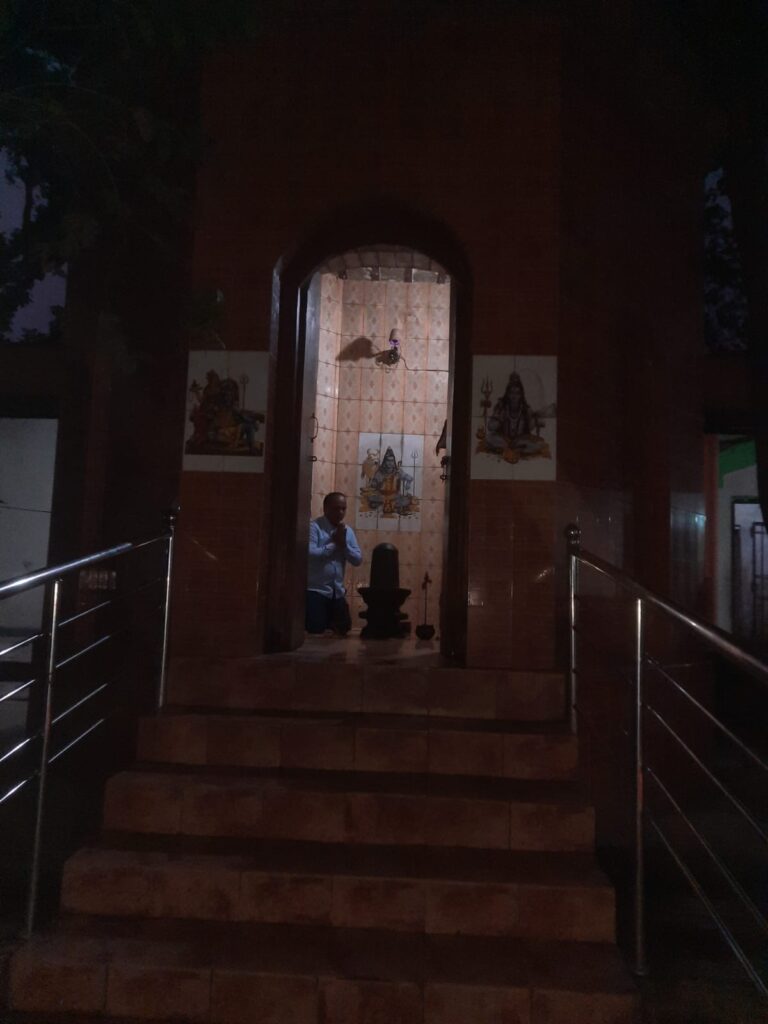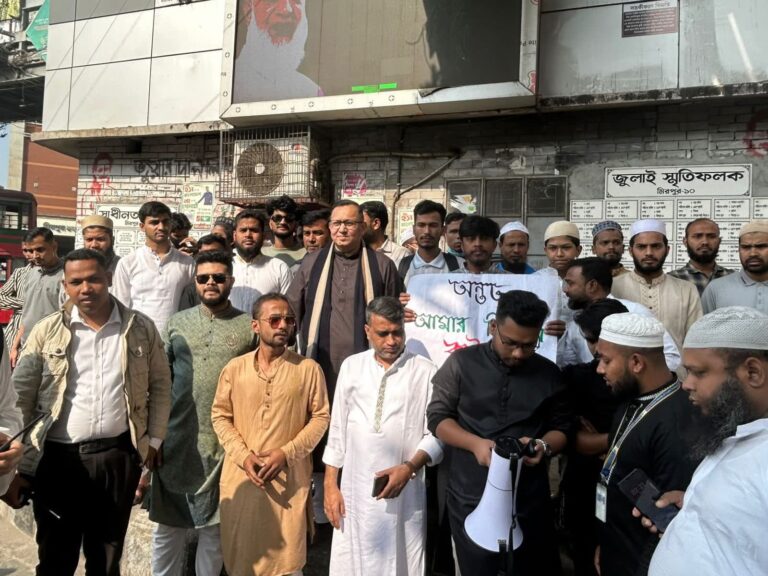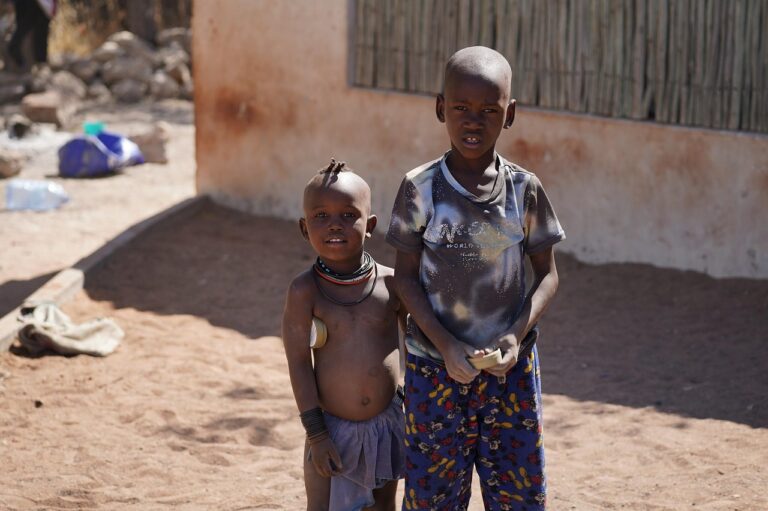
WHO Director-General Dr Tedros Adhanom Ghebreyesus at the first WHO Traditional Medicine Global Summit 2023 in Gandhinagar last month.
New Delhi: The World Health Organization (WHO) has released the outcome document of the first WHO Traditional Medicine Global Summit 2023 in the form of the “Gujarat Declaration”, the Ministry of AYUSH informed here today. The summit was organised by the World Health Organization (WHO) and co-hosted by the Ministry of Ayush, from August 17-18, 2023, at Gandhinagar, Gujarat.
While the declaration reaffirms global commitments towards indigenous knowledge, biodiversity and traditional, complementary and integrative medicine, WHO underlined that the application of rigorous scientific methods is needed to better understand, assess and, apply more holistic, context-specific, complex and personalized approaches for health and well-being for all.
It reiterates that India as host of the WHO Global Traditional Medicine Centre at Jamnagar, Gujarat has an important role in scaling up WHO’s capacities to support member states and stakeholders in taking forward the summit action agenda and other relevant priorities.
During the Summit, the Director-General of the World Health Organization Dr Tedros Adhanom Ghebreyesus had said that the “Gujarat Declaration” will serve as a catalyst to harness the potential of traditional medicine through the lens of science and will focus on the integration of traditional medicines in national health systems and help unlock the power of traditional medicine.
The Gujarat Declaration talks about scaling up efforts to further implement evidence-based TCIM (Traditional complementary integrative medicine) interventions and approaches in support of the goal of universal health coverage (UHC) and all health-related Sustainable Development Goals (SDGs). It states the role of multi-regional, multi-disciplinary and multi-stakeholder collaborations demonstrated at the Global Summit through the WHO GCTM that is aligned with and complementary to the work of WHO major offices, to maximize evidence-based benefits of TCIM in global health.
It mentions that actions should be promoted and taken at all levels to safeguard, restore and sustainably manage biodiversity, and to ensure the fair and equitable sharing of the benefits arising from the use of biodiversity resources, related genetic material and Indigenous knowledge. It calls for fully recognising, respecting and protecting the rights of Indigenous Peoples, as provided in the UN Declaration on the Rights of Indigenous Peoples.
– global bihari bureau





